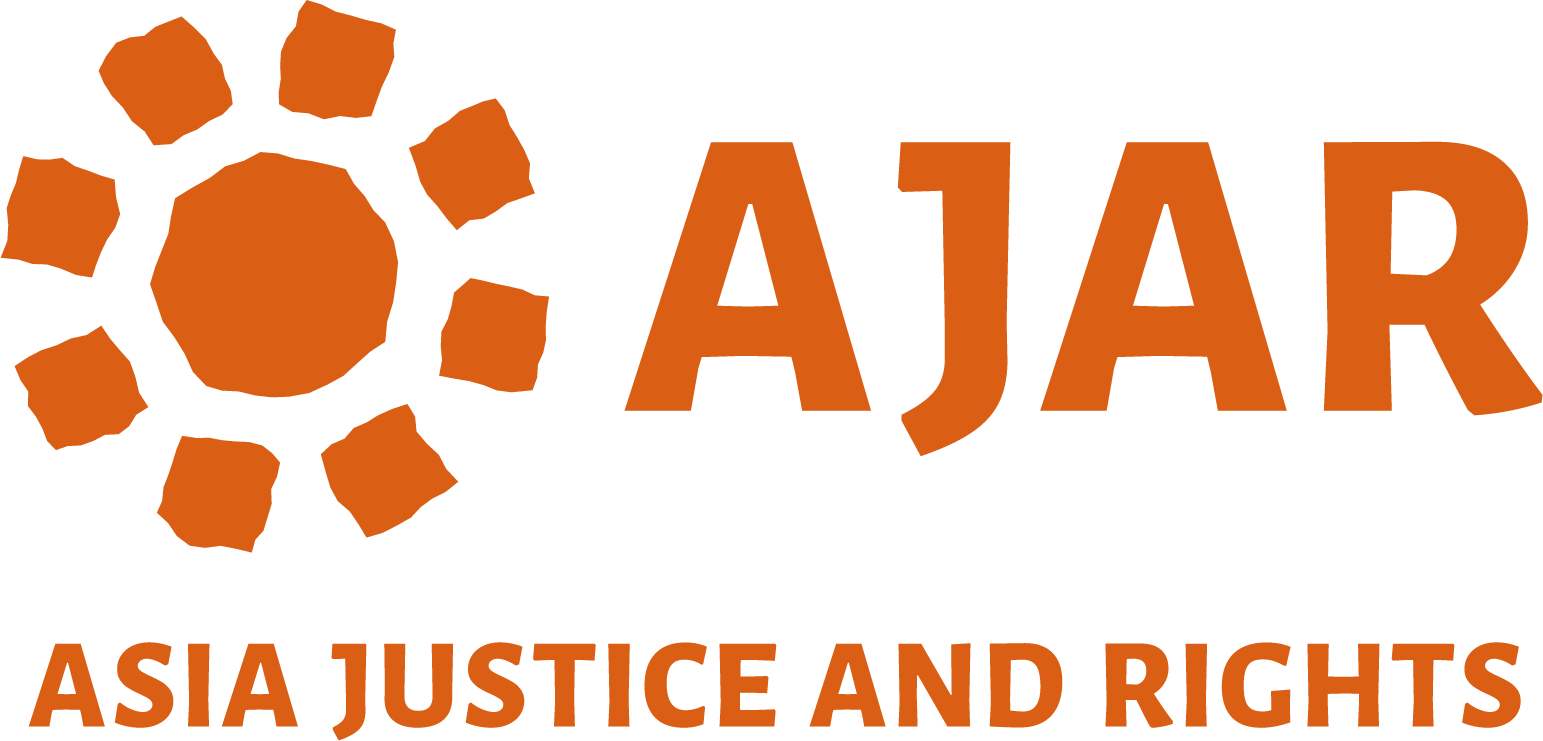Historically, few reparations programmes have paid adequate attention to gender, either with regard to women’s access to reparations, or the ways in which reparations packages need to be tailored to the harms women suffered, and to their distinct needs and priorities. In 2007, a number of women’s rights organisations mobilised to examine how to better incorporate gender into reparations policies.
These civil society groups adopted the Nairobi Declaration that highlights the importance of addressing gender- based violations by way of reparations and urges policymakers to devise programmes that transform socio-cultural injustices and structural inequalities that predate conflicts.
Since women’s rights are often not protected during peacetime, reparations, therefore, can be used not only to restore victims’ rights, but also transform the fulfillment and protections of rights so that both women and men victims become holders of equal rights.
Thus it is important that reparations programmes seek to address conditions that enable gendered patterns of human rights violations. Supplementing individual reparations with collective measures is important for recognising the systemic, collective patterns of abuse against women. There is also an increasing call for reparations initiatives to address the harm women experience as a result of the men in their lives being targeted, especially men who are killed or disappeared. Although some initiatives reflect gender sensitivity, reparations programmes still need to improve in order to address the specific trauma caused by sexual and gender-based violence.
